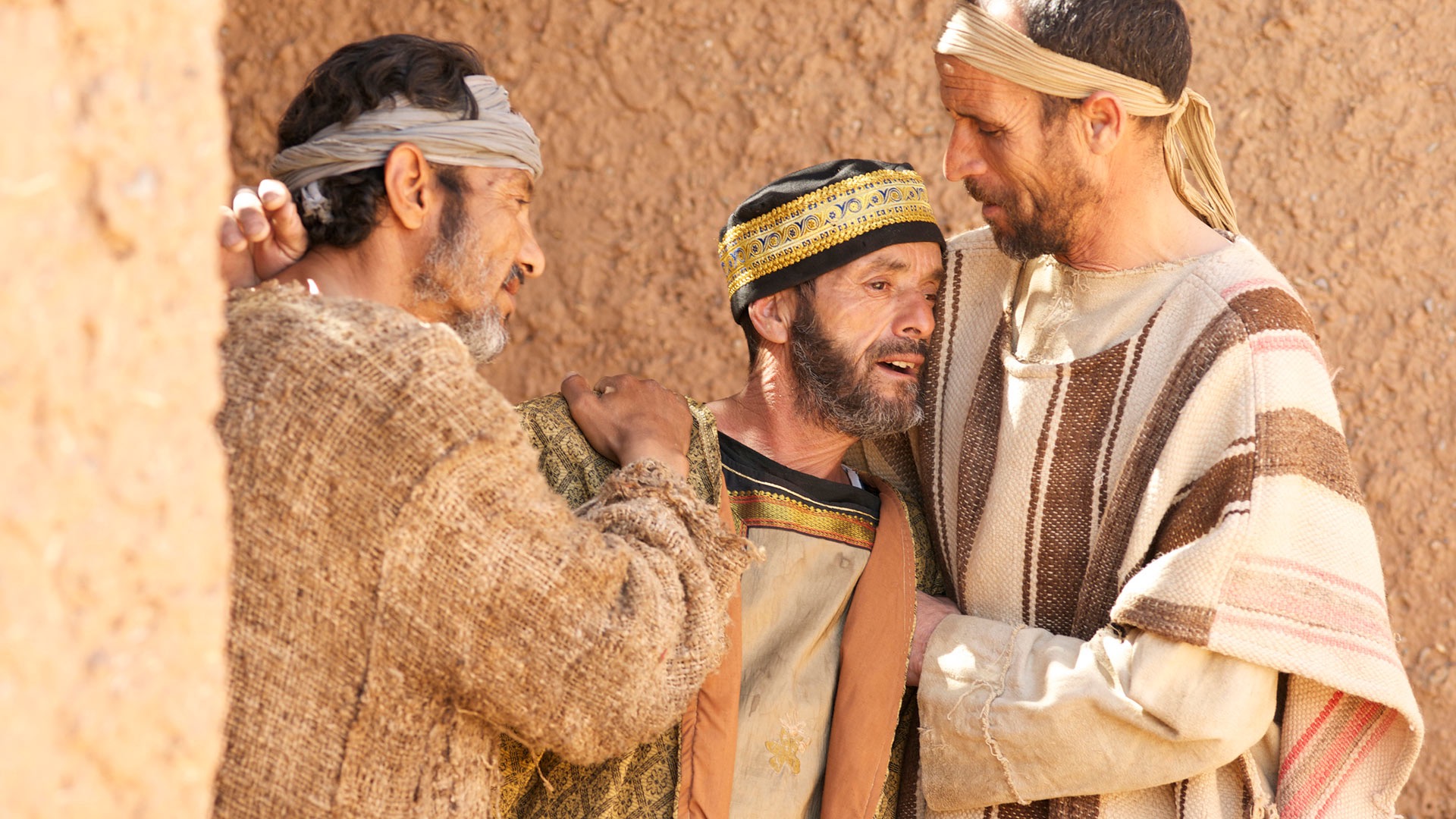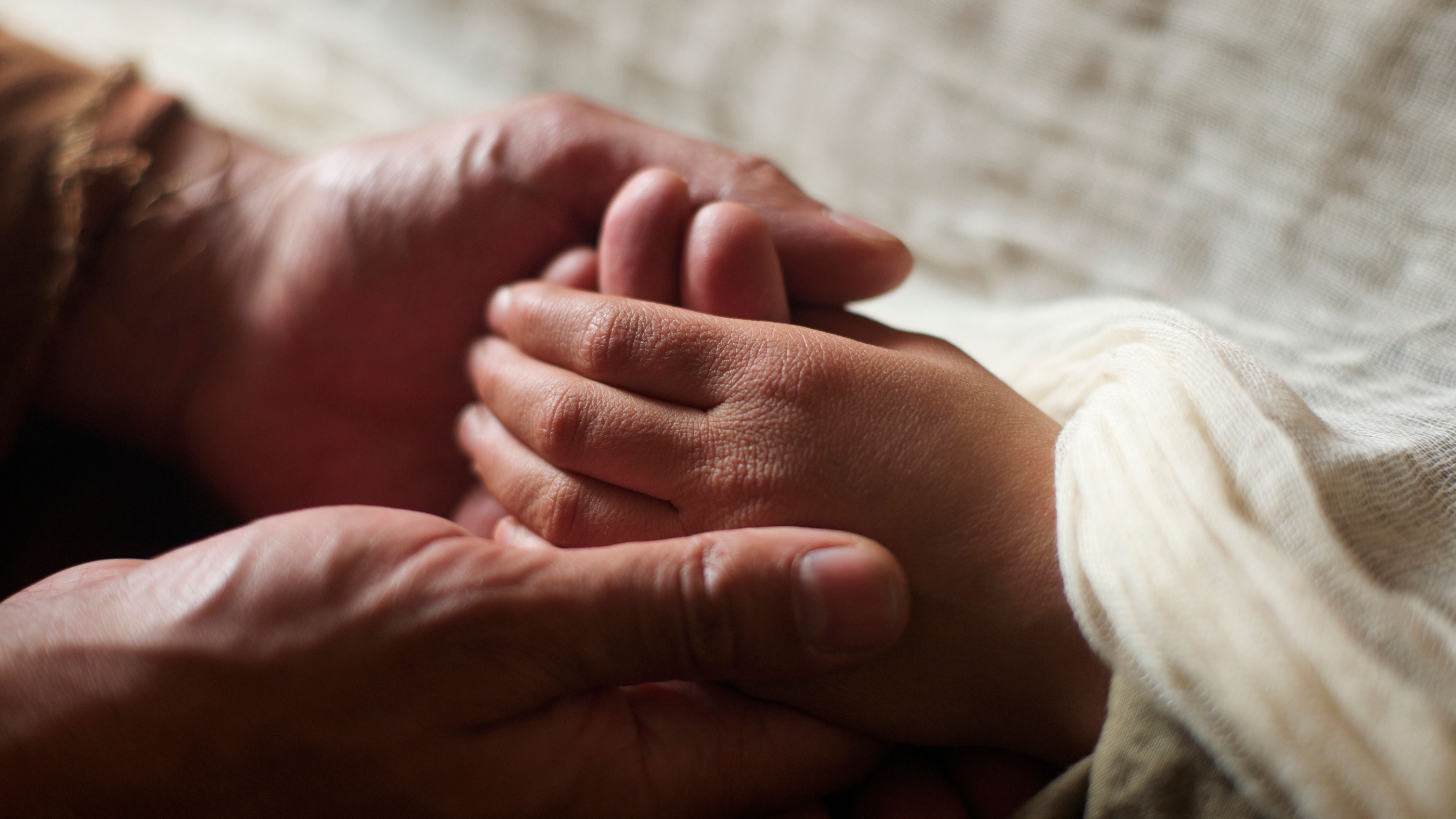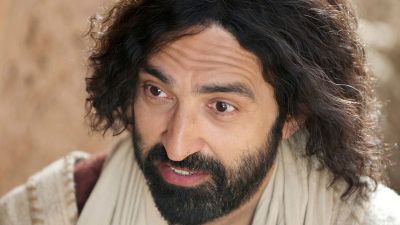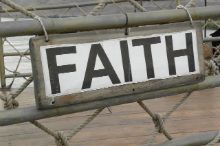I was never much of a napper. My brother and I would cut up, giggle, and do everything NOT to go to sleep. When mom was extra-frazzled and bone-weary, she would come in and say to us, "Boys, I'm at the end of my rope. It would be in your best interest to be quiet and at least rest while your little brother sleeps. You don't want me to have to come in here again, and you sure don't want to wake him up!"
We weren't sure where her rope was, but if she was near the end of it, we knew we had better "straighten up and fly right" as she liked to say. So, we would reluctantly settle down, lie still, and not press our luck. My brother would eventually go to sleep. Then I would quietly get up and sneak around doing quiet things... like taking apart our parent's plugged in radio alarm clock.

Now that I am a man with grandchildren and aging parents, I know what it means to be "at the end of my rope"! Naps look a lot more attractive to me, and I've discovered that life in the sandwich generation is hard. Being a "sandwicher" usually means I have more bread than peanut butter to spread. There isn't enough of me to go around. It also means that I often seem to find myself "at the end of my rope"! Add another problem to my pile, and I'm pretty sure I'd have to let go of my rope!
Thankfully, the Gospel of Mark knows our world of desperation and what it means to be at rope's end. In his gospel, he addressed these desperate moments we face with a group of four miracles stories. These four miracle stories deal with our primal fears as mortals stuck in an often hostile world:
- Deep: the mysterious and foreboding power of nature, especially oceans and lakes (Mark 4:35-41).
- Demonic: the dangerous power of evil spiritual forces (Mark 5:1-20).
- Disease: the debilitating power of serious illness (Mark 5:24-34, ).
- Death: the destructive power of death to break our hearts and destroy our families (Mark 5:21-24, 35-43).
To put it a little differently, Mark introduces us to desperate people, each of whom had reached the end of his or her rope - the apostles in their boat; the demonized man in a cemetery; a woman with her isolating and debilitating chronic bleeding; and a father whose daughter was dying. In each story, Jesus demonstrated his power over these forces that awaken our most primal fears. The Lord showed that he has authority over all of them.
The first episode led the apostles to ask the question about Jesus' identity: "Who is this? Even the wind and the waves obey him!" (Mark 4:41). However, these miracles were not about proving Jesus' amazing power, gaining himself a larger audience, or attracting donations to his ministry organization. Instead, Jesus did these miracles to bless the people most affected and threatened by powers they could not control. The apostles asked this question about Jesus' identity for themselves, but Mark included it for each of us for our times of desperation.
When we go back and read the last two miracles (Mark 5:24-43), we realize that they are one unit. They form a sort of miracle sandwich. The abject brokenness of Jairus as his daughter dies surrounds the miracle with the woman whose bleeding condition had isolated her from life and had exhausted all of her resources. The message of these miracles is that Jesus is all powerful. He can handle what terrifies and overwhelms us. He easily brushes aside events and powers too big for us.
But, how is that a blessing to us today, especially when Jesus doesn't seem to be physically present?
Does Mark want us to pray and ask for Jesus to show up and deliver us from such things?
And, what happens when we pray and it seems as Jesus isn't present, or worse, that he doesn't bother to bring our deliverance?
I believe that our need to turn to Jesus in our times of terror, exhaustion, and desperation is one clear message Mark wants us to hear. Our mortality ensures that we will all fail at our primary job description: we cannot keep our loved ones or ourselves well, safe, and alive. Death and decay will overtake our mortal existence. Jesus is someone we can and should turn to in times like these!
Forces too big for us can erupt in our lives and catch us up in their destructive power. Not one of us is going to get out of every predicament physically alive - just as the apostles, the formerly demon-possessed man, Jairus' daughter, and the woman Jesus healed all eventually died. Even for them, deliverance was temporary and didn't relieve their bodies of their mortality. So...
Do our hardships and ultimate death mean that Jesus abandoned us?
Do these hardships suggest that our prayers were ignored?
Do these mortal struggles mock the relevance of Jesus' miracles Mark presents to us?
Do they prove we did something wrong or didn't properly follow some magical prayer formula - that we somehow deserved the violence of evil, the ravages of disease, or the destruction of natural disasters?
No, no, no! However, they do remind us that we live in a broken world where bad stuff happens. That bad stuff happens to good people, and not because they were evil. We are all a part of the fabric of brokenness. Sometimes our prayers are answered miraculously and inexplicably with deliverance beyond our imagination. But, sooner or later, the curse of the fall and the brokenness of our world are going to claim our fragile, mortal, and vulnerable bodies.
Mark's four stories remind us that when the universe is made right with the new heaven and earth (2 Peter 3:13; Revelation 21:1) - an existence without the curse of sin and death - we will be delivered from all these ravaging powers, from all of our primal fears, and from each grievous and untimely separation from those we love. That's the promise in each of these stories and made clear by John's revelation of Jesus:
He will wipe every tear from their eyes. There will be no more death or mourning or crying or pain, for the old order of things has passed away (Revelation 21:4).
Mark gave us a glimpse of this glorious reality in Jesus through these four stories. This glimpse will become our forever reality when he does make all things right and new.
If we look at Mark's telling of these stories carefully, especially these last two that strike so close to where we live, he reminds us of another truth:
Notice the desperation of the woman with the uncontrollable flow of blood. She had dealt with her illness for twelve years. She had spent everything she had trying to get better, there was nothing left - and she had only grown worse. Her suffering was so great that Mark compared to a μάστιγος, a whip used to inflict severe physical damage as well as painful punishment (Mark 5:25-26). She was "at the end of her rope" physically, financially, emotionally, and spiritually!
Now notice Jesus' tenderness with the woman in her isolation enforced by the requirements of her people (Leviticus 15:25-31). Not only did Jesus heal this precious woman, but he also affirmed her faith. Then, the Lord restored her fully to life in her community (Mark 5:30-34). Jesus' personal attention to this woman makes up the largest part of Mark's telling of this miracle story (Mark 5:29-30). How Jesus treated an afflicted and isolated woman was every bit as important as her healing.
Now, let's look at the story about Jairus' dying daughter. Especially notice two statements:
Second, Jairus acknowledged that his daughter was close to death - that she was "at her end"![NOTE1]
All of us who are parents, especially those who have had a seriously ill child, know that if Jairus' daughter was "at her end" then Jairus was at the end of his rope and barely hanging on to any shred of hope.

Now, notice how personally and tenderly Jesus handled Jairus' anguish (Mark 5:37-41). He urged him to keep believing. He refused to do the miracle in front of a jeering and skeptical crowd. He didn't take all of his apostles with him to do the miracle - only Peter, James, and John privately to accompany Jairus and his wife into the room of this dead little girl. Jesus refused to allow this resurrection miracle to become a spectacle. Instead, the Lord tenderly took this girl by her cold and lifeless hand. The moment was so tender and precious that Mark provides us with the exact words in Aramaic that Jesus used: "Talitha koum!" Then, Jesus gave the girl back to her family. She stood up and started walking around while needing a bite to eat (Mark 5:43) - just like she was any normal girl on any normal day.
What's the point? Why should we notice all Jesus' personal tenderness freely given to Jairus' family and this isolated woman?
We, Jesus' disciples, are called to be the bodily presence of Jesus[NOTE2] in our world. When we celebrate the Eucharist, the Lord's Supper, we declare and experience that we are the body of Christ. We take the one bread to pledge ourselves to be Jesus' presence to the people in our world who are at the ends of their ropes. We commit to bring Jesus-styled grace, hope, tenderness, and personal care to those suffering from the collision of their fragile bodies and our broken world.
Yes, we should go to Jesus in prayer. Yes, we should ask for healing and deliverance for those facing life's harshest realities. James, the brother of Jesus, reminded us that is good and urged Jesus' followers to do this (James 5:13-15; cf. Acts 28:8). However, Jesus demonstrated throughout his ministry that the tender touch, affirming words, and personal presence of someone who loves you in your distress is just as important as prayer and healing. In those moments, our touch becomes Jesus' touch, and our words of tender grace become Jesus' words of tender grace. Our concern, tenderness, and touch foreshadow the divine finger wiping the tears from our eyes and banishing the fear, pain, sorrow, and isolation of our world. We are the bodily presence of Jesus in our broken world. We are privileged to be Jesus to each other and the world. We can treat people as Jesus did. And, by grace and the power of the Holy Spirit, we will!

NOTE1 In Mark 5:23, he didn't use the normal word for "dying" but ἐσχάτως (eschatows), which literally means "at the end" or "at the extremity of life."
NOTE2 Paul repeatedly mentions that we, the people who are Jesus' church, are one body, the "body of Christ" (1 Corinthians 12:27; Ephesians 3:6; 4:12, 15; Colossians 3:15). As Paul begins to address problems in the gatherings of believers in Corinth, Paul talked about the sacrament of the Lord's Supper as a time when we are one body (1 Corinthians 10:16-17), the bodily presence of Jesus in the world. If we don't recognize that we are that bodily presence of Jesus when we take the Eucharist, we are drinking judgment on ourselves (1 Corinthians 11:29). A key focus of the Supper is remembering Jesus' sacrificial death on the cross, and the body and blood abused and ridiculed at Golgotha (1 Corinthians 11:24-25). However, when Paul talks about "without discerning the body of Christ" (1 Corinthians 11:29), he is talking about the group of believers who make up the gathered church in Corinth to celebrate the Supper. He doesn't use "body and blood", but only "body" - which in Corinthians is the church of Jesus (1 Corinthians 11:29) and which he has already made clear (1 Corinthians 10:16-17). The concern of Paul's discussion in this whole context is on the behavior of the Corinthians who are humiliating some in the group by their practices at the table (1 Corinthians 11:20-22). Paul is reminding them that they are one body, the body of Christ, together and belong to each other (1 Corinthians 12:12-13, 27; cf. Romans 12:5). The Lord's Supper should be a celebration of this reality!
Special thanks for the use of the Jesus images in Phil's blog, "The Jesus Window," to Free Bible Images and the The Lumo Project.












Comments
Have thoughts on this article? Leave a comment